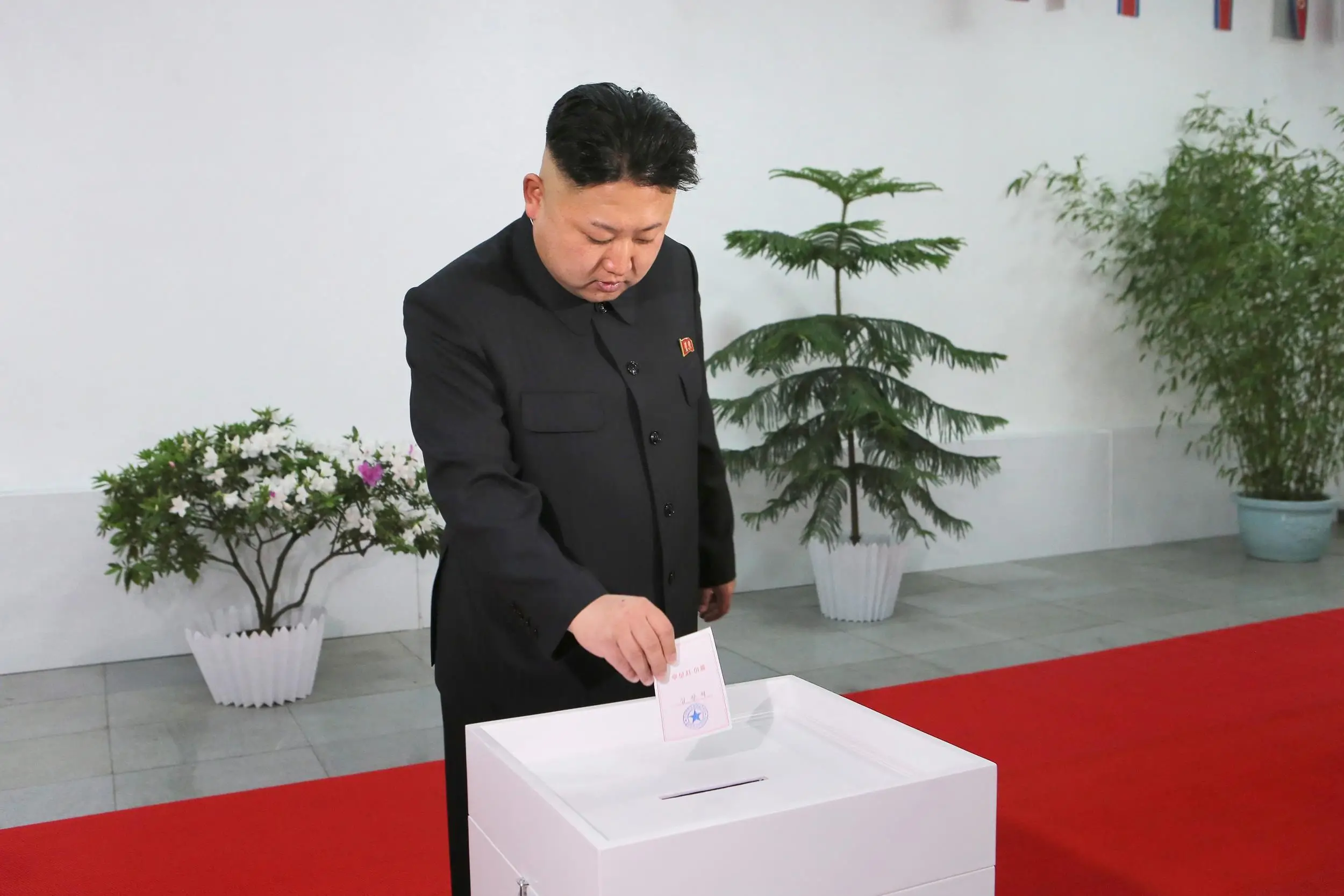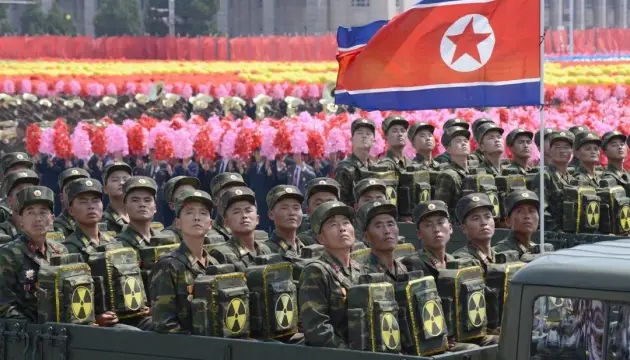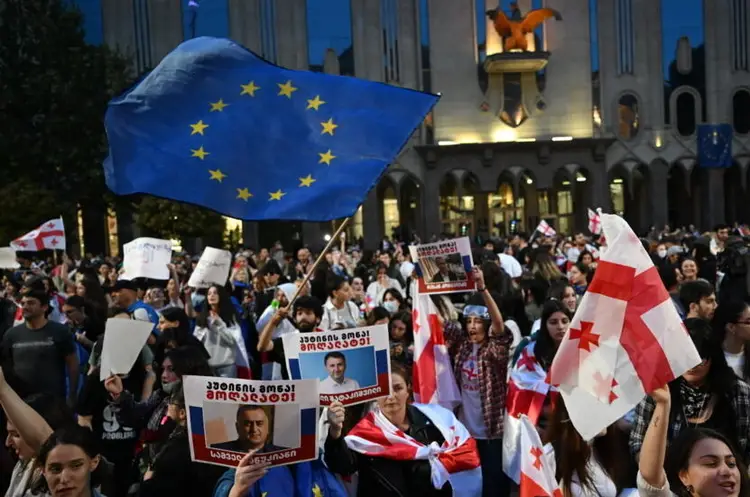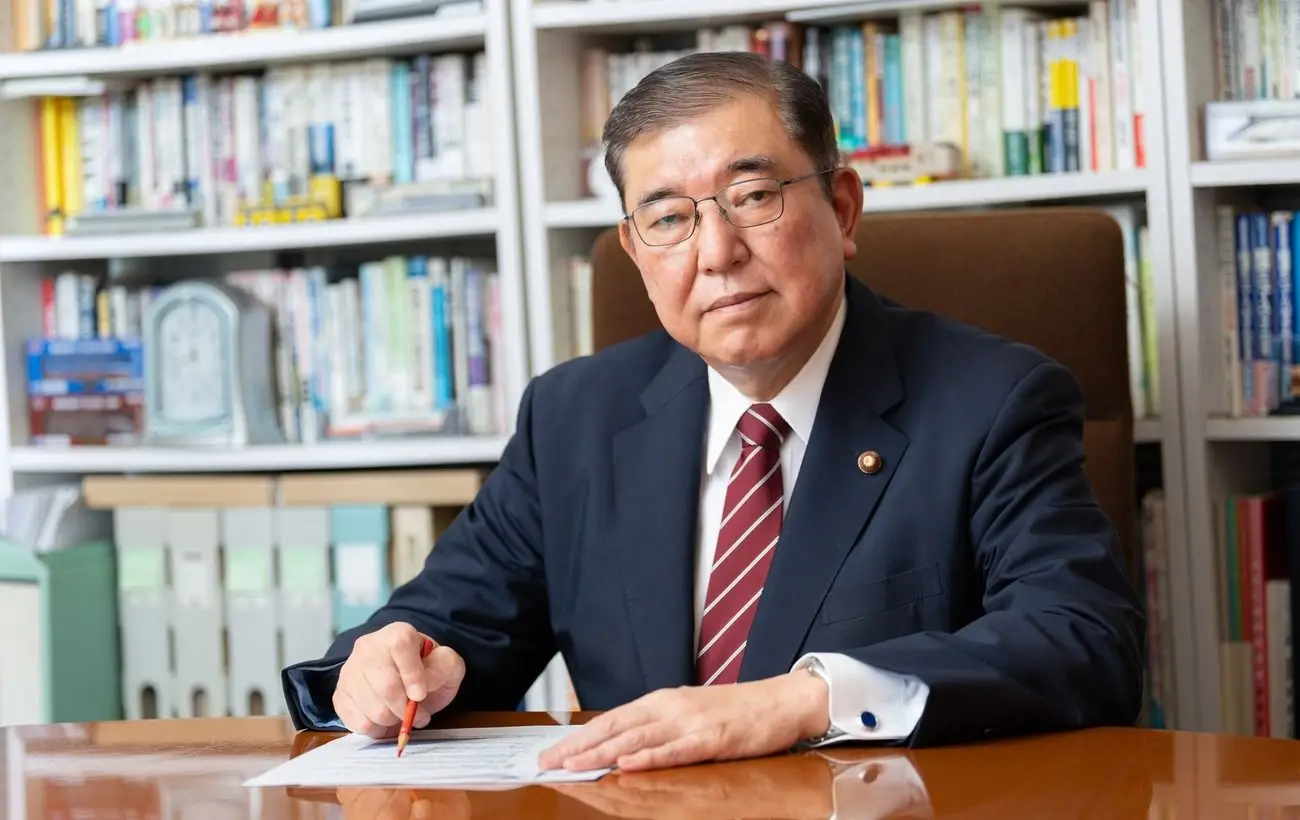Local elections in North Korea

Slight shift in turnout, but control remains firm
Local elections were held in North Korea on Sunday 26 November, and two days later the authorities announced that only 0.09% and 0.13% voted against the selected candidates for provincial and municipal councils. This rare mention of divergent results is seen by analysts more as an attempt to create an image of a normal society than a sign of a significant increase in rights in the authoritarian state.
North Korean state media reported that 99.91% of voters cast ballots for candidates for deputies to provincial people's assemblies and 99.87% voted for candidates for deputies to city and district people's assemblies. These figures, characteristic of the Workers' Party-controlled regime, are common in North Korean elections, according to Reuters.
It is also notable that this is the first time since the 1960s that North Korea mentions dissenting votes in local elections. The regional elections were also the first since the election law was changed in August, allowing a larger number of candidates.
Analysts see this apparent openness to divergence in results as part of efforts to present a more democratic image of society, strengthening the regime's legitimacy internationally.
However, control over the electoral process remains tightly in the hands of Kim Jong Un's regime, and the candidate selection process is rigidly monitored. The photo published in state media shows Kim Jong Un voting in front of two ballot boxes - a green one for approval and a red one for disapproval.
Voter turnout, while still extremely high at 99.63%, has seen a slight drop from 99.98% four years ago, possibly signalling a minor weakening of state control in a country where voting is considered compulsory.












